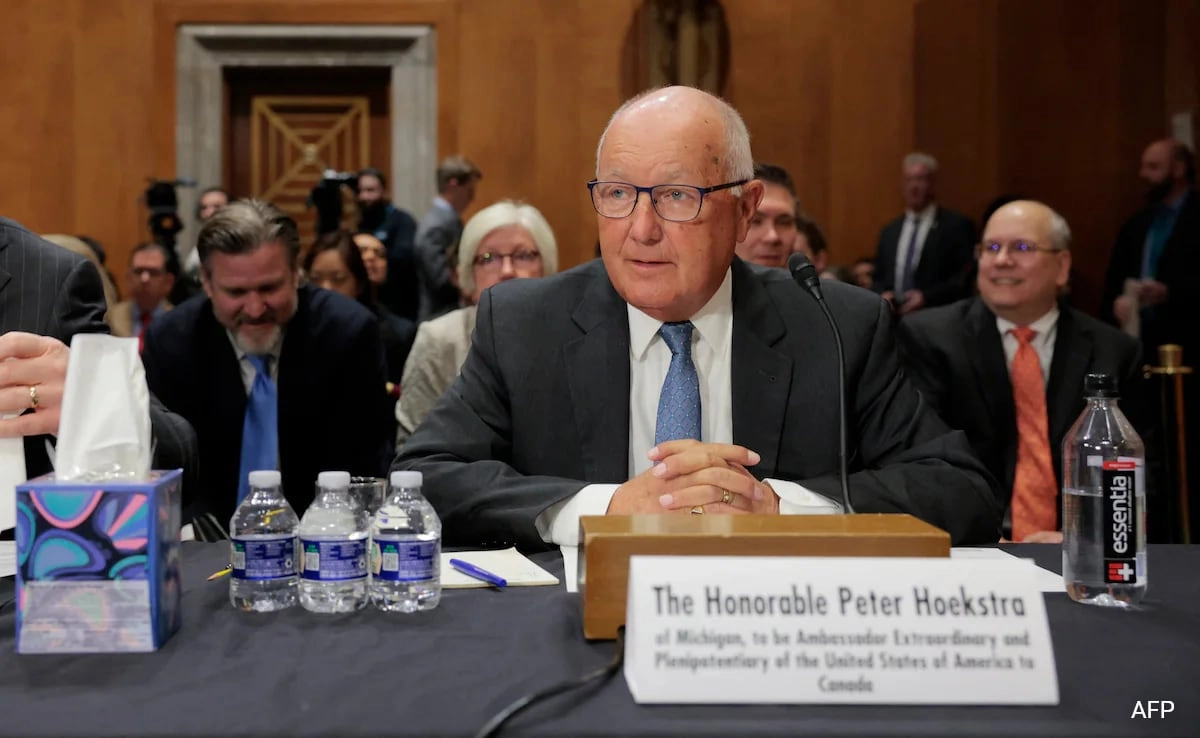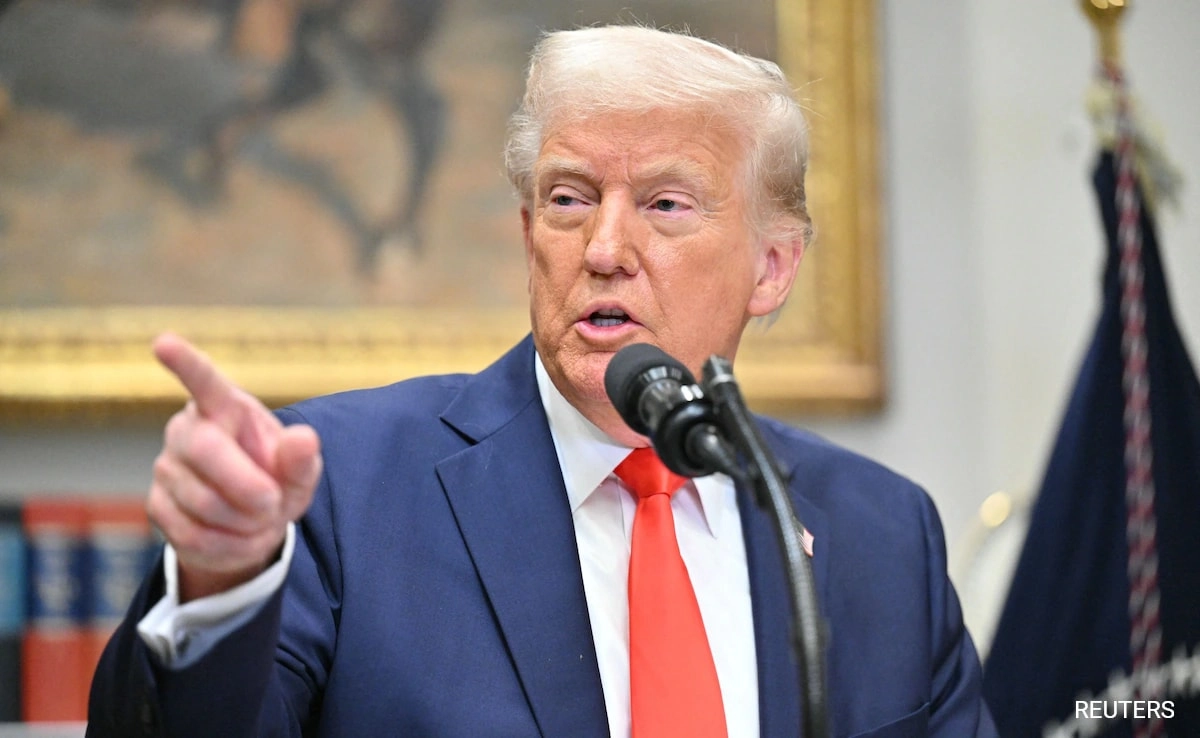As tensions between the West and Russia continue to escalate, all eyes are on former President Donald Trump and his potential stance on new sanctions against Russia. The European Union (EU) has expressed uncertainty about Trump’s position, suggesting that his actions could leave even his closest allies in a state of confusion. This ambiguity comes at a time when the EU is contemplating a new round of sanctions aimed at curbing Russia’s aggressive foreign policy and military actions, particularly in relation to Ukraine and other neighboring regions.
Trump’s past relationship with Russia has been a focal point of his political narrative, raising questions about whether he would support further sanctions or take a more lenient approach. Many of his allies within the Republican Party have been vocal about their support for tougher measures against Moscow, especially in light of the ongoing conflict. However, Trump’s unpredictable nature often complicates the situation, leaving both European leaders and his political allies guessing about his true intentions. This uncertainty is particularly concerning for EU officials who seek a unified front against Russian aggression.
The stakes are high, as any shifts in U.S. policy could significantly impact the effectiveness of sanctions imposed by the EU and other allied nations. If Trump were to advocate for a more conciliatory approach toward Russia, it could embolden the Kremlin and undermine the collective efforts to pressure President Vladimir Putin’s government. On the other hand, if he aligns with the prevailing sentiment among his party and supports new sanctions, it could reinforce transatlantic solidarity, sending a strong message to Moscow.
In essence, the question of whether Trump will back new sanctions against Russia is not merely a matter of personal opinion; it holds broader implications for international relations and global stability. As the EU navigates this complex landscape, the need for clear communication and decisive action becomes ever more pressing. Allies must work together to ensure that their policies reflect a unified stance, which is essential for maintaining pressure on Russia and safeguarding democratic values in the face of aggression. Ultimately, the world watches closely, awaiting Trump’s next move and its potential consequences for international diplomacy.




